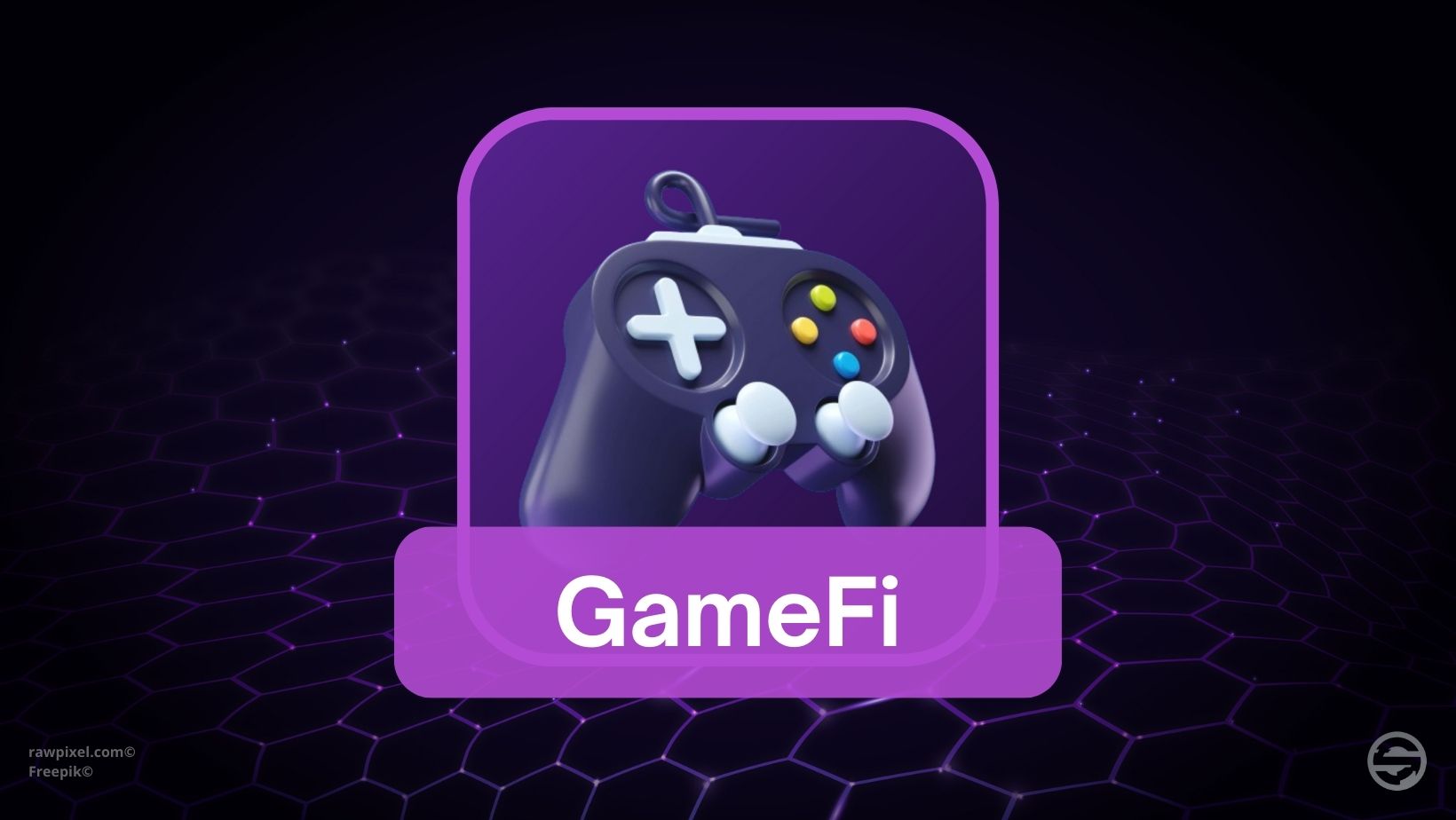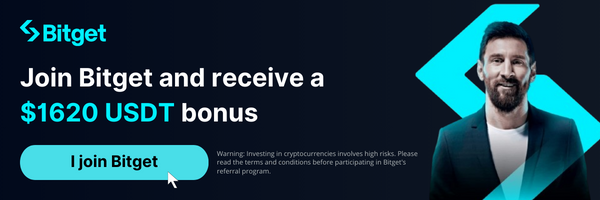
Table of contents
What is GameFi?
GameFi, a concept merging video games and decentralized finance (DeFi), was originally conceived by Andre Cronje, one of the pioneers of DeFi. It marks a major evolution in the gaming industry by integrating financial opportunities into video game experiences. Axie Infinity, an iconic blockchain game, helped popularize GameFi by offering real rewards to players. This revolutionary concept allows users to participate in games while generating revenue, owning virtual assets and interacting with DeFi protocols. In short, GameFi creates an ecosystem where playing games can be lucrative, redefining the boundaries between entertainment and finance.
The first GameFi project
- The very first game to incorporate blockchain technologies was CryptoKitties, developed by Axiom Zen and launched in November 2017 on PC. Players purchased NFTs with the Ethereum cryptocurrency. Each NFT represented a virtual pet that the player could breed with others to create offspring with combined characteristics, giving birth to new NFTs. The game attracted media attention in December 2017 when one of these virtual pets sold for over $100,000.

How does GameFi work?
GameFi operates on different principles from traditional games, with a blockchain-based economy and a "Play-to-Earn" (P2E) business model. Unlike traditional games, where players play to win, in GameFi, players are incentivized to play and progress by receiving rewards with measurable value outside the game, such as cryptocurrencies or non-fungible tokens (NFT).
GameFi projects are based on blockchain technology, enabling them to operate in a decentralized and transparent way. In-game assets are detached from the game and become real assets owned by players, who can exchange them for cryptocurrencies or fiat money. Many GameFi projects incorporate elements of decentralized finance (DeFi), offering players additional opportunities to increase their token assets.
In this ecosystem, the management and governance of projects is often provided by the community, with players even having the opportunity to participate in decision-making.
GameFi benefits
GameFi offers several advantages for the various players involved:
- For gamers: the possibility of earning money by playing games, real ownership of virtual assets, greater interactivity with the gaming economy.
- For developers: new sources of revenue, greater autonomy in game design and monetization, access to a committed community.
- For investors: the opportunity to invest in fast-growing virtual assets, portfolio diversification in the gaming sector.
How do I play a GameFi game?
To access GameFi, you'll need a suitable cryptocurrency wallet, such as MetaMask or Phantom. Depending on the game you're playing, you may need to use different wallets or connect to different blockchains.
- For example, if you want to play blockchain games on blockchain Solana, you'll need to connect your Phantom wallet to the Solana network first. Alternatively, you can use Rabby or any other supported cryptocurrency wallet. Some games are also developing their own wallets to reduce costs and improve performance.
- To play a blockchain game, you'll then need to connect your wallet. Unlike traditional online games, which require you to create a username and password, most blockchain games use your cryptocurrency wallet as your game account.
- Some GameFi projects will require you to buy their token or NFTs to get started. Others will let you get started by giving you your first NFT. Requirements vary from game to game, but you should always take into account the earning potential and overall risk. The most common way to do this is to estimate how long it will take to recoup your initial investment before you commit.

Examples of GameFi projects
- Since the CryptoKitteis project launched in 2017 and following the popularization of the Axie Infinity game, many entrepreneurs and developers have seized on this emerging sector to propose their projects such as StepN, Walken, Cross The Ages, Gods Unchained, Sorare and many others.
- Step'N is an innovative Web3 application that rewards physical activity. With social and gaming elements, it appeals to a wide audience, even those unfamiliar with blockchain or sport. In addition to remuneration, Step'N aims to promote decarbonization and healthy lifestyle habits. Based on NFT, the app encourages users to walk, jog or run, rewarding them according to their performance, calculated thanks to an advanced location system.
- Walken is a move2earn game on the Solana blockchain, mixing gaming and physical activity to earn cryptocurrencies while improving health. Free of charge, it offers a first avatar, the Cathlete, necessary to start earning cryptocurrencies. Walk to earn GEMs and evolve your Cathlete, or fight to generate WLKNs, the governance token. With WLKNs, you can buy NFT accessories to improve your Cathete and increase your chances of victory, which can be resold on the marketplace.
- Cross The Ages is a trading card game that plunges players into a dystopian universe where mystical creatures and cyborgs battle for power. Players conquer space on the board using combat and terrain cards. In a "blitz" format, the game offers a fast-paced, intense experience blending fantasy and science fiction. Free to play and offering rewards, it invites players to immerse themselves in a challenging world where every decision counts.
- Gods Unchained is a Hearthstone like game. Players use NFT cards to compete, each with its own unique abilities. These cards can be traded, opening up new possibilities for collectors. Success is rewarded with GODS tokens, which can be used to obtain new cards or influence the game. With its innovative approach and NFT-based economy, Gods Unchained offers an immersive experience for fans of collectible card games.
- Sorare is a sports simulation based on the Ethereum blockchain. Players can manage a virtual soccer, NBA or MLB team with NFT digital player cards. These cards guarantee authenticity and ownership via the blockchain. They represent professionals, teams and stadiums. Transactions are carried out in cryptocurrencies, requiring ethers (ETH). Before playing, registration on Sorare is required.
- To explore more GameFi projects, visit the Dapps section on the website.
Conclusion
- In conclusion, GameFi represents a revolutionary convergence between video games and decentralized finance, opening up new horizons for gamers, developers and investors alike. By harnessing the power of blockchain, GameFi is fundamentally transforming the way we design, play and invest in games. We're on the cusp of a booming sector that promises to bring undreamt-of innovations and opportunities.

- Sources:
https://academy.swissborg.com/fr/learn/gamefi, consulted on 10.02.24
https://academy.binance.com/en/articles/what-is-gamefi-and-how-does-it-work, consulted on 10.02.24 - https://crypto.com/university/what-is-gamefi-play-to-earn-gaming-explained, consulted on 10.02.24
- https://plisio.net/fr/blog/gamefi-from-fun-to-funds, consulted on 11.02.24
- https://en.wikipedia.org/wiki/Blockchain_game, consulted on 11.02.24
- https://www.crosstheages.com/, consulted on 12.02.24
- https://www.satolix.io/dapps, consulted on 12.02.24
Disclaimer: this is not financial advice. Satolix.io website aims to inform readers about Blockchain, cryptocurrencies and Web3. Any type of investment involves risk. Please do your due diligence and research the articles and projects presented on the site. Be responsible and don't invest more than your goals or financial means allow. In this regard, please read our page: Warning about virtual currencies. - Some articles on the site contain affiliate links, and using them to register on the site enables the site to grow through the collection of commissions. By doing so, you also make yourself eligible for a welcome bonus such as a voucher or reduced fees, for example.



 DeFi
DeFi 2024-02-12
2024-02-12
